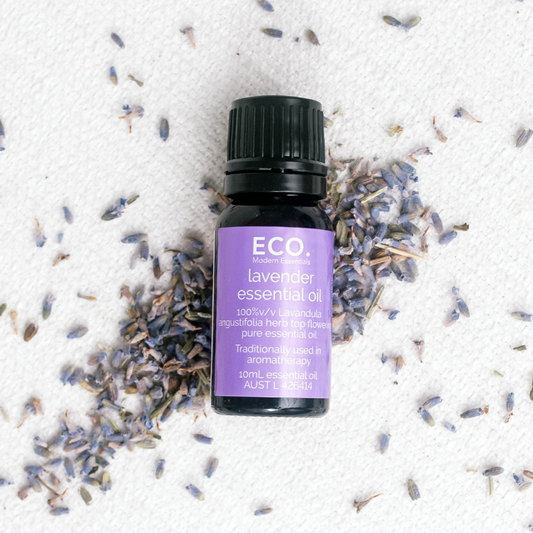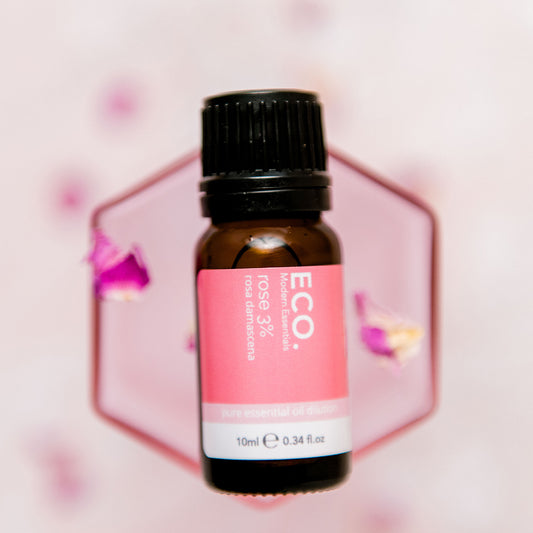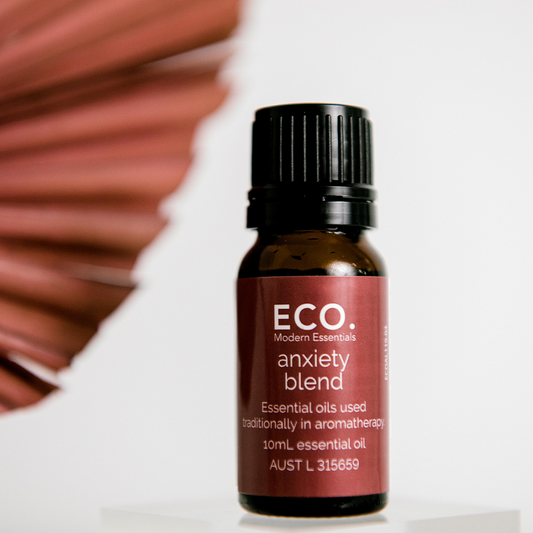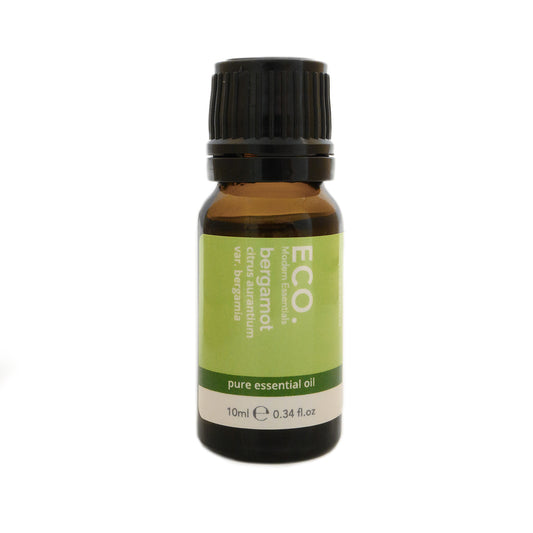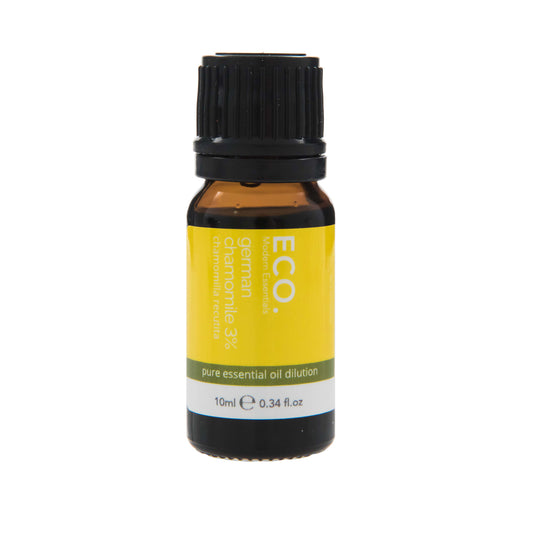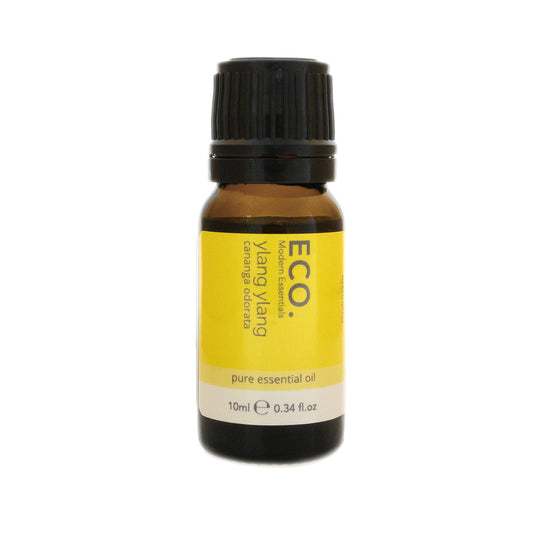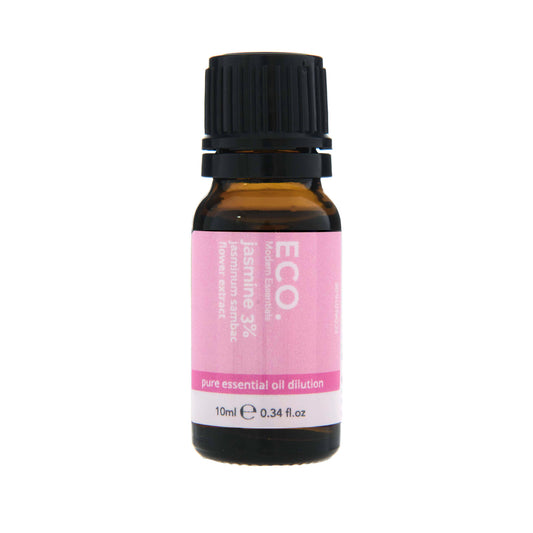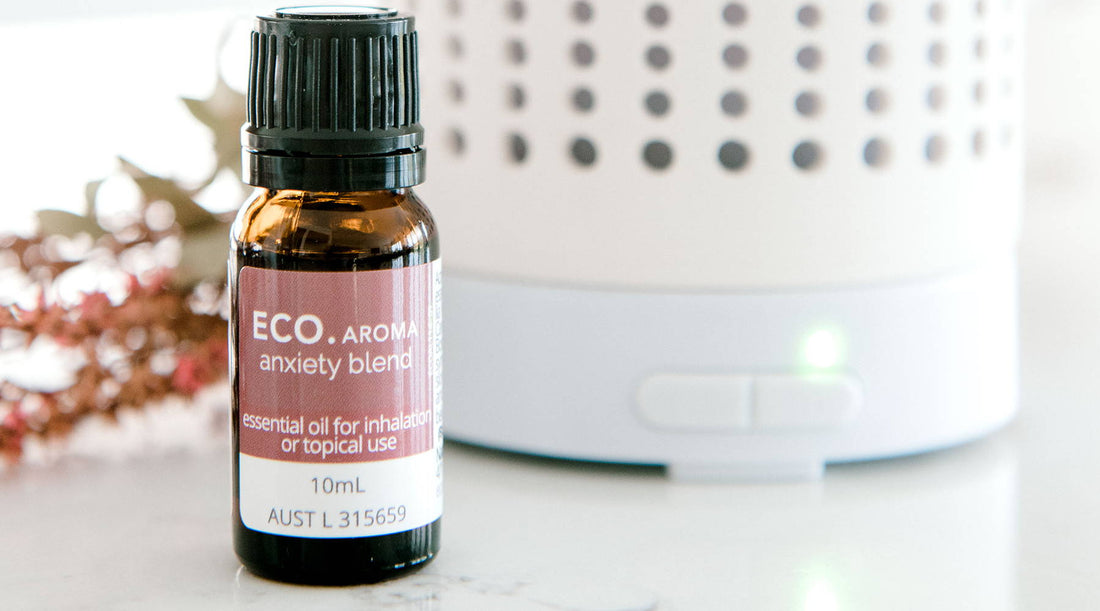
Top 10 Essential Oils for Stress & Anxiety
Stress and anxiety are familiar feelings in our fast-paced lives. Mental and physical wellbeing can be impacted by stress. Stress and anxiety can be attributed to many causes including lack of sleep, lifestyle, family and work pressures.
Aromatherapy has been used since ancient times to promote feelings of calm and relaxation it is a great way to reduce stress and anxiety naturally. Inhaling and topically applying pure essential oils can help to alleviate stress, insomnia or depression. This natural solution works by stimulating areas of the brain that are responsible for our emotions.
>This blog is about our favourite essential oils for stress and anxiety. We will also compare how essential oils have been used in the past with more recent scientific research. Ancient healers knew the value of medicinal plants to promote feelings of calm and relaxation. Today, we can ease some of life’s stresses through the use of natural essential oils. We can use aromatherapy in combination with other health promoting practises such as meditation and exercise to release negative emotions, soothe the mind and reduce stress.
Best Essential Oils for Stress & Anxiety
1. Anxiety Essential Oil Blend
Enjoy the combination of Sweet Orange, Lavender, Frankincense and Ylang Ylang essential oils. ECO Anxiety Blend is specially formulated to combat symptoms of stress and anxiety. The blend is listed and approved by the TGA for use in Australia.
Therapeutic benefits of Anxiety Blend essential oil: increase & support vitality, support emotional & general mental wellbeing, assist in mind relaxation, calm the mind, soothe & calm nerves, relieve & reduce occurrence of symptoms of mild anxiety, relieve nervous tension & unrest, relieve mental overactivity, increase body & mind relaxation, reduce & relieve symptoms of stress, enhance & promote body adaptation to stress, reduce & relieve distrubed/restless sleep, relieve sleeplessness, improve, promote & increase sleep quality/deep sleep, enhance, promote and increase h
2. Lavender Essential Oil
Lavender essential oil is a popular choice for stress management. It is a ‘go-to’ during times of anxiety and insomnia. Lavender helps us by restoring balance to an overstimulated nervous system.[1] The calming power of Lavender was demonstrated in a tough clinical setting; during labour. Participants inhaled Lavender for an hour during early labour and it was found that they had lower levels of cortisol in their blood.[2] Cortisol is a hormone released during stress so a low cortisol level indicates lower levels of stress. Participants also reported a reduction in anxiety levels compared to the group who did not inhale Lavender.
There are many causes of insomnia including stress and anxiety. Lavender essential oil is a classic remedy for mild insomnia due to its calming and sedative properties. A compound in Lavender, linalool acetate, is thought to contribute to Lavender’s calming and nerve tonic properties.[1] Lavender essential oil is considered safe to use for all ages and during most health conditions. Use a lavender rollerball to apply to your temples and wrists, or combine with a carrier oil for a relaxing massage. For quick relief, simply inhale directly from the bottle to enjoy feelings of relaxation.
3. Rose Essential Oil
Rose essential oil is extracted from rose petals and its scent is renowned for soothing emotions, headaches and balancing hormones. Rose is known for strengthening the heart in periods of high stress, grief, and depression.
Rose essential oil is a complex substance with over 300 chemical constituents, many are still unidentified. The oil has long been used as a heart tonic. It is thought to protect the heart from physical problems such as arrhythmia and high blood pressure.[1] During times of grief, depression and anxiety the sweet scent of Rose can help heal the heart from emotional wounds too.
Stress increases blood pressure, pulse and breathing rate. In a small study, Rose essential oil was applied to the skin of 40 participants and several stress markers were recorded. Participants were described as having a significant decrease in blood pressure, heart rate and breathing and they also reported feeling more calm.[2] To soothe away stress try massaging Rose into the skin, use as a perfume or add to skin care products.
Use in a warm bath or apply directly on the skin to help with mood swings, hormones and emotions.
4. Ylang Ylang Essential Oil
Extracted from the Indonesian Cananga tree, Ylang Ylang essential oil promotes feelings of comfort and joy. It simultaneously reduces heart rate, improves your mood and promotes relaxation. Inhaling Ylang Ylang can help release negative emotions, reducing stress and acting as a natural anxiety and depression remedy.
Ylang Ylang was traditionally added to coconut oil and used for massage. Recommended to enhance intimacy, the flowers are associated with newly weds and romance. Ylang Ylang is a well studied essential oil with many researchers finding it useful in the treatment of stress, anxiety and depression.
Studies indicate that Ylang Ylang can decrease the stress response. It is recommended as a sedative and nerve tonic to help relieve anxiety and depression. One study showed that both diastolic and systolic blood pressure was reduced after inhaling the essential oil. Other sedating actions of Ylang Ylang include an increase in alpha brain waves, lowered pulse and breathing rates, reported feelings of calm and showing calm behaviour after inhalation or massage with the essential oil.[1]
Ylang Ylang is considered a sedative and yet many research participants were able to maintain focus and concentration. This essential oil may be a perfect edition to your morning routine if you experience panic or dread before a busy day.
5. Bergamot Essential Oil
Bergamot essential oil is extracted from the peel of the fruit. Bergamot supports the digestive system and can be useful to restore healthy eating habits when stress reduces the appetite. This essential oil has traditionally been used to encourage communication and can be diffused to facilitate difficult conversations or for those who feel anxious when socialising. Bergamot is said to calm the nervous system while still being uplifting. These properties may be beneficial for work related stress or when driving.
Bergamot essential oil has a high percentage of linalool, linalyl acetate and limonene which are all compounds associated with anti-anxiety essential oils.[2] Care should be taken as Bergamot applied to the skin increases the risk of sunburn, it is best to use in the diffuser, at night or on a cloudy day.
6. German Chamomile Essential Oil
A cup of golden Chamomile tea is very soothing. It fortifies the stomach and comforts a weary mind. The herb was prized for its medicinal value and there are many references to Chamomile in traditional herbal texts.
Have you ever noticed that you clench your teeth or hands when you are stressed? Stress can cause headaches and general pain due to muscle tensing when we are upset. Chamomile was used to ease muscular pain and today, we recognise the anti-inflammatory action of this essential oil. We can use Chamomile in a massage blend to ease sore muscles. It is thought that chamazulene, which makes the oil blue, and bisabolol are responsible for this effect.[1] Azulenes are reported to also calm the nervous system and are useful for treating anxiety. Chamomile is considered a gentle essential oil and a favourite with children.
A lovely night time diffuser blend for children is 2 drops each of Chamomile, Lavender and Mandarin.
7. Melissa Essential Oil
Lemon Balm, also commonly known as Melissa, has been used for hundreds of years. Known for its medicinal and uplifting qualities, it has also been given the name “elixir of life”. Melissa essential oil calms the mind, boosts immunity and strengthens the nervous system. It can act as a antidepressant and release feelings of sadness and worry. Add to a warm bath or massage directly on the skin to promote deep relaxation, reducing stress and anxiety.
In the 11th century, Avicenna described Melissa as “mak[ing] the heart merry and joyful”.[1] This essential oil has an uplifting effect and may be useful when prolonged stress has caused mental fatigue, apathy and depression. Melissa is also thought to lower blood pressure and slow the breath. It may be inhaled from the bottle after a shock or distressing event. Long term stress can lower the immune system. Melissa has good anti-viral and antibacterial properties to help ward off opportunistic infections.
In a UK nursing home, some of the residence were massaged with either Melissa essential oil or plain oil everyday for a month. While the effect was stronger for the essential oil group, both groups showed a decrease in agitation and aggression. Both groups also enjoyed more engagement with the community at the facility.[1] Massage can be useful for managing stress and irritation too. However, the addition of essential oils enhances this calming and nurturing treatment.
8. Jasmine Essential Oil
Jasmine essential oil is widely used in parts of Asia as a natural remedy for anxiety, stress, insomnia and depression. In China, Jasmine has been traditionally used to detox and clear the respiratory system. It acts as a natural sedative as well as having stimulating effects on the brain improving mood and energy levels. Apply directly to your wrists or neck to promote relaxation or add a few drops to a hot bath.
Each drop of Jasmine essential oil is precious and rare. It takes an extraordinary amount of flowers, picked before first light and delicately handled, to produce a small amount of Jasmine absolute. To ease stress and melancholy try applying to your pulse points or add up to 8 drops to a warm bath.
Jasmine is recommended to invigorate those who are ‘frozen’ and fatigued by stress and anxiety. The beautiful aroma helps calm the spirits and yet is considered a stimulant. After 20 participants had inhaled Jasmine essential oil, their mood was described as more alert, active, improved, romantic and they felt less drowsy. This was confirmed via scans that showed a change in brain wave patterns normally associated with stimulation.[1] Jasmine may uplift us when we are stuck and unable to connect with others or our true selves.
9. Clary Sage Essential Oil
With a beautiful earthy smell, Clary Sage is effective in calming stress and anxiety. The oil acts as an antidepressant by promoting feelings of wellbeing and inner peace. Clary Sage is also known to act as a great hormone balancer and help reduce symptoms of PMS. Apply directly to feet or pulse points to help balance hormones. Alternatively combine with a few drops of chamomile to enjoy in a hot bath.
Clary Sage is an essential oil traditionally associated with women’s health. From menstrual pains, during childbirth, to finding balance during menopause, the calming scent can assist us throughout life. Clary Sage has a high percentage of linalool, linalool acetate and sclareol which probably explains the essential oil’s hypnotic, sedative and calming action.[1]
Clary Sage may help treat the physical effects of stress such as muscle pain, stress induced asthma / breathing difficulties and weak digestive function. This essential oil is helpful for those who have lost their creativity due to anxiety or stress. Clary Sage has an intoxicating scent that is not appropriate for use around children or during pregnancy. It makes a soothing addition to the diffuser in the afternoon or at night. To treat sore muscles and digestive difficulties a massage blend with Clary Sage can help induce peace and relaxation.
10. Neroli Essential Oil
Derived from the citrus fruit of the same name, Neroli can be used for a range of ailments, including anxiety relief. Ancient Egyptian priests used Neroli essential oil to heal their bodies, minds and souls. It acts as a sedative, which regulates the metabolic system and releases feelings of anger, irritability and worry. It relaxes both body and soul. Add a few drops to a hot bath or massage directly on the skin to relieve stress and anxiety.
The divine essential oil of Neroli comes from orange blossoms and is a tonic for healing the heart and mind. It has been shown to regulate heart rate and could be helpful in the treatment of palpitations and cardiac spasms.[1] In a small study, recovering acute coronary syndrome patients who regularly inhaled Neroli had reduced levels of anxiety.[1] Stress can impact any body system including the skin. Neroli has soothing and anti-inflammatory properties that calm irritated and sensitive skin. These actions may also settle a stomach knotted with anxiety.
Neroli is described as a light tranquilizer that is useful for the treatment of poor sleep, nervous system imbalance and depression caused by prolonged stress.[2] The sweet scent with a hint of citrus is so comforting and delicious it is perfect to use as a perfume or in a massage blend to soothe the spirits. A very gentle essential oil that can be used for all age groups with most health compliants.
It should be noted that essential oils are a highly concentrated and medicinal substance, so some safety precautions need to be observed. For a healthy adult, most essential oils are safe to use within an appropriate dosage (as indicated above). However, when using essential oils for babies, children, during pregnancy, for the elderly or for those with a serious illness it is prudent to do some research to ensure that you use oils that are suitable and that you use the correct dose. As a general guide,
The gentlest essential oils include Lavender, Sandalwood, Frankincense, Neroli and citrus essential oils such as Orange, Lemon, Lime, Bergamot and Mandarin.
Citrus essential oils can produce an effect on the skin called phototoxicity. Citrus oils applied to the skin and then exposed to direct sunlight causes the skin to be more prone to sunburn. To avoid this either use citrus essential oils at night or if you plan to stay inside for most of the day or use them in a diffuser/ inhalation. Essential oils need to be diluted with a carrier oil before being applied to the skin.


